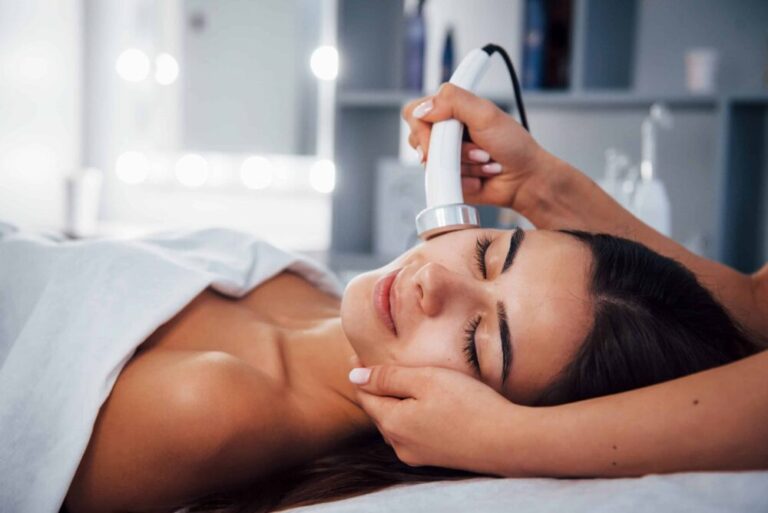Five Essential Tips for Starting a Medical Spa in Texas: Part 2, Delegation and Supervision

Starting a Texas medical spa involves understanding complex regulations, and compliance with delegation and supervision rules is crucial. The medical spa industry in the United States has seen rapid growth, with Texas leading the charge. Technological advancements have enhanced treatments, leading to increased patient satisfaction and a surge in demand for non-invasive procedures. This boom has prompted many entrepreneurs to explore the medical spa business.
Medical spas offer a variety of lucrative, cash-pay services, such as Botox® injections, IV hydration, and laser treatments. Both licensed providers and businesspeople recognize the value of offering these in-demand services without dealing with insurance reimbursements.
However, while technological innovation has been swift, Texas laws and regulations have not kept pace. Entrepreneurs may find the complexity of opening a compliant med spa and the severity of penalties for non-compliance daunting. This blog post is the second in a five-part series designed to help you understand the key legal issues when starting a medical spa in Texas. If you missed Part 1, you can read about Texas’s prohibition of the corporate practice of medicine by clicking here.
This series provides a primer on the major legal challenges facing medical aesthetics entrepreneurs. It is not a substitute for professional legal advice, but it will enhance your understanding of the legal pitfalls and complexities of opening a med spa anywhere between Galveston and El Paso.
Key Rules for Delegation and Supervision
Non-physicians can perform many popular medical spa treatments, but there are specific requirements to follow. As discussed in Part 1, the Texas Medical Board classifies many cosmetic treatments offered at medical spas as medical procedures. Therefore, if you want non-physicians to perform treatments (e.g., Botox® injections, dermal fillers, IV hydration) at your med spa, you must comply with the Texas Medical Board’s physician delegation and supervision rules.
Compliance with these rules is highly fact-specific and depends on various factors, including the physician’s location, the experience levels of both the physician and the non-physician, the type of license held by the non-physician, and the specific procedures performed. Here are the baseline requirements for a physician to delegate a nonsurgical cosmetic procedure to a non-physician:
Essential Delegation Requirements
- Proper Training for Physicians: The physician acting as your medical director must be properly trained to perform all procedures they intend to delegate to others.
- Adequate Training for Non-Physicians: The physician must ensure that the person performing the medical spa treatments has sufficient training in:
- Techniques for each treatment
- Indications and contraindications for each treatment
- Pre-procedural and post-procedural care
- Recognition and management of potential complications
- Infectious disease control involved with each treatment
- Pre-Treatment Requirements: Before authorizing a treatment, the physician or another prescriber must:
- Take a patient history
- Perform a physical examination
- Make a diagnosis
- Recommend treatment
- Develop a detailed and written treatment plan
- Obtain the patient’s informed consent
- Provide instructions for emergency and follow-up care
- Prepare and maintain an appropriate medical record
- Have signed and dated written standing orders
- Sign off on the treatment-specific protocols the non-physician will follow when performing the procedure
- Supervision Requirements: Currently, Texas requires that a physician or another prescriber be onsite during the procedure when unlicensed personnel are performing nonsurgical cosmetic procedures. Alternatively, the delegating physician must be available for emergency consultation in the event of an adverse reaction to the treatment. Note that as recently as 2023, the Texas Legislature proposed a bill to strengthen supervision requirements for medical spas, indicating a trend towards stricter regulations.
We invite you to explore our website at Dike Law Group. To initiate a free intake discussion, please go to dorismeet.com






